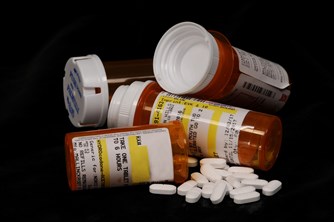Legalizing Opioids: Three Proposed Models for Non-Medical Use
According to Mark Haden, who co-authored the paper with Brian Emerson and is a professor at the University of British Columbia’s school of Population and Public Health, both the prohibition of opioids and the commercialization of opioids for medical use have contributed to the overdose crisis.
21 Apr 2021A rarity among academic papers, a new piece of research proposes models for legalizing opioids for non-medical use. A glut of research already surrounds the benefits of decriminalization and medicalized safe supply. But now, two Canadian researchers have offered three potential frameworks that would allow people to access opioids for things like recreation—though in the article itself, published in the International Journal of Drug Policy, the authors avoid using that term.

Because of this, and the other societal ills that prohibition brings, it’s important that governments find new ways to regulate the drugs.
“What we believe is that medicalization of opiates may not be the best way to improve public health,” Haden told Filter.
Harm reduction experts speaking to Filter about the paper say it could represent a step forward. But some people who use drugs may not want to engage with their country’s medical systems—to the extent they would still have to under the frameworks. And it’s vital that people who use drugs are engaged in any decisions surrounding potential legalization.
The first model involves a process of mandatory training and personal licensing for people who want to use opioids.
The paper deals explicitly with Canada, but, Haden noted, the US and other jurisdictions sometimes take cues from the country when it comes to drug policy. The paper further proposes changes in prescribing for medical use—like the creation of multi-disciplinary teams able to prescribe a broader range of opioids for issues like pain or addiction—but its main focus is on non-medical use.
Share this on: